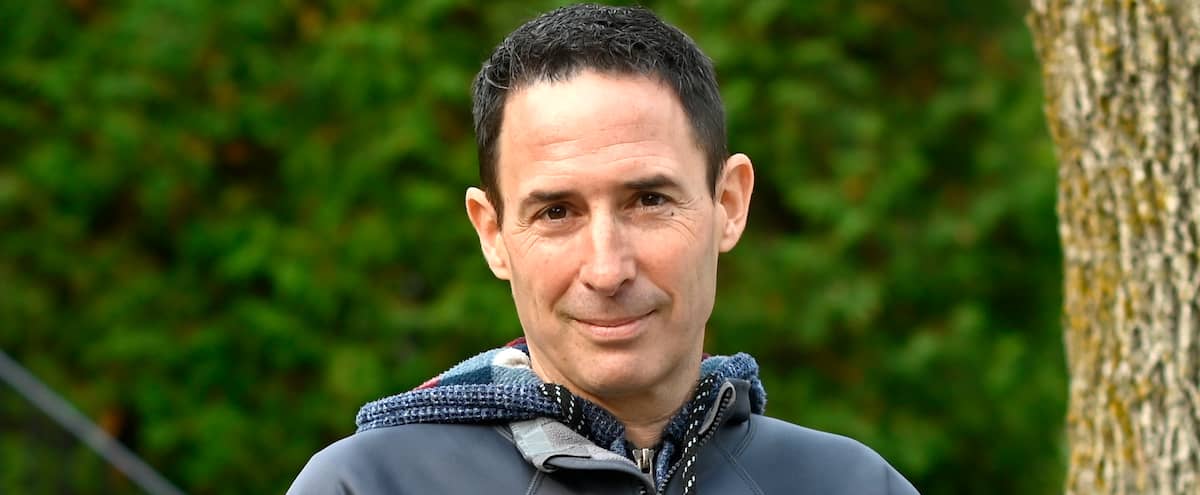We are writing to you today to express our deep disappointment with the “Canada Day Declaration” of the Canadian Historical Society (CHA). She asserts that “current historical studies…make this conclusion very clear”, that is, the treatment of indigenous peoples in our country was genocide and that there is “widespread consensus among history experts” regarding the proof of “genocidal intent”.
The CHA also attacks the profession by saying that historians have turned a blind eye to the tragedies that have marked Canadian history. There is no basis for such assertions and the CHA has no legitimacy in claiming to represent the history teachers’ view on the matter.
The recent discovery of graves near former residential schools is tragic evidence of what the Truth and Reconciliation Commission documented in Volume 4 of its Final Report – a report we encourage all Canadians to read. We also encourage more research on burial sites across the country and support keeping a record of deceased children in these schools.
intimidation
However, the CHA exists to represent professional historians and, as such, has a duty to embody the ethics and values of historical research. By making a declaration to support a particular interpretation of the story and insisting that only one interpretation is correct, the current leadership of the CHA has committed a fundamental departure from the standards and expectations that govern our profession.
Through this tactic of intimidation, the CHA is acting as an activist organization and not as a professional body representing university professors. This transformation is unacceptable.
The topic of boarding schools is a topic of discussion among researchers. Many differ in their assessments of this issue. Various interpretations are expected within a highly mobile university community on this question. This should allow for an open discussion, a diversity of viewpoints and also an assessment of the past on the basis of evidence.
By claiming there is only one explanation, CHA leaders are putting down academics who came to a different conclusion from theirs. They offer the Canadian and Quebec audiences a so-called “consensus” that does not exist.
Their position constitutes a departure from the basic standards of academic research. They betray the public who expects the Academy to base their arguments on facts and evidence that have been confirmed. Good intentions do not matter here, as it is essential that a professional organization of academics support diversity and openness in discussions. This is even more true when many insist on a particular explanation. In such cases, our intellectual principles are tested and must be preserved.
This ad must be withdrawn
We ask the CHA to withdraw its advertisement. Its real mission is to allow open discussions from all points of view while defending intellectual diversity. Her job is not to promote a single “consensus” history of Canada.
As CHA celebrates its centenary, it must remain true to its best traditions. As a professional organization, it must advocate unreservedly objectivity, skepticism, debate and free access to resources that will help historians shed light on our history, including the darkest episodes of our past.
Frederic Bastian, Dawson College
Eric Bedard, Talouk University
David J. Berkuson, University of Calgary
John Bonet, Brock University
Robert Bothwell, University of Toronto
Felix Bouvier, University of Quebec at Trois-Rivieres
Jerry Poehler, Frontier Center for Public Policy
Patrick H. Brennan, University of Calgary
Philip Buckner, University of London
C.P. Champion, Editor in Chief of the Dorchester Review
Marie-Aimée Cliche, University of Quebec in Montreal
Rodney Clifton, University of Manitoba
Robert Cuomo, University of Quebec in Montreal
Terry Cobb-Wilfried, Laurier University
Jack Cunningham, University of Toronto
Kenneth Dewar, Mount Saint Vincent University
Christopher Dummett, Trent University
Patrice Dotell, Ryerson University
Lucia Ferretti, University of Quebec at Trois-Rivieres
Danny Fougere, University of Quebec in Montreal
Yves Gingras, University of Quebec in Montreal
JL Granatstein, York University
Roger Hall, University of Western Ontario
Rene Hardy, University of Quebec at Trois-Rivieres
Jeffrey Hayes, University of Waterloo
Michael Horn, York University
P. Whitney Lackenbauer, Trent University
Gilles Laporte, Ségépe de Vieux Montreal, and the University of Quebec in Montreal
Margaret MacMillan, University of Oxford
David B. Marshall, University of Calgary
Joe Martin, University of Toronto
Kathleen E. Macron, University of Windsor
Ken McLaughlin, St. Jerome University
Barbara Mesamore, Fraser Valley University
JR Miller, University of Saskatchewan
Toby Morantz, McGill University
Doug Onam, University of British Columbia
Isabelle Perrault, sociologist
Stephen J. Randall, University of Calgary
Jacques Roillard, University of Montreal
Jean Roy, University of Quebec at Trois-Rivieres
Donald B. Smith, University of Calgary
Arthur Silver, University of Toronto
JDM Stewart, teacher and author
Mark Thirault, Dawson College
Ryan Toohy, St. Jerome University
Jonathan Vance, University of Western Ontario
Jean-Francois Vieux, historian
Robert J. Young, University of Winnipeg

“Alcohol scholar. Twitter lover. Zombieaholic. Hipster-friendly coffee fanatic.”


